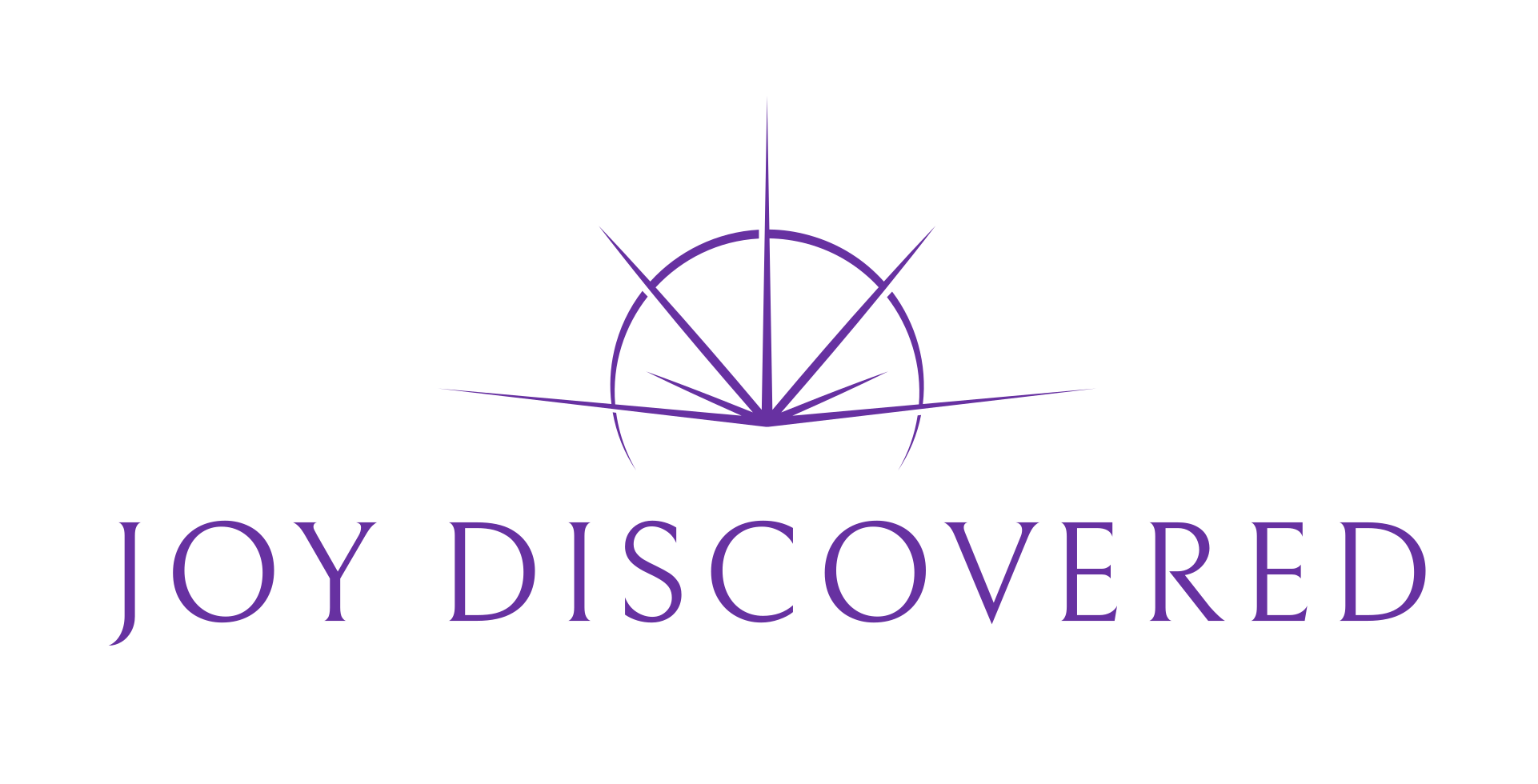Help Your Child (And You!) Re-Frame Fear To Manage Anxiety

One of the most important things that we need to remember as parents is that our children are sovereign human beings, just as we are. Even though they are still developing physically and mentally, they have the same emotional needs that we do. They have the same longing for control, independence, and belonging as we do. And they will process a lot of emotions the same way that we do.
In order to teach our children how to process emotions more productively, we, ourselves, need to become mindful emotional masters.
For today’s emotional mastery, let’s deconstruct fear.
To begin, think about the physical experience your body goes through when you are in fear. How do you feel before you get on stage to public speak? What does your body do when you are about to walk into a job interview or deliver one of the biggest client pitches of your career? Think about how your child might feel before a big test or when they step up to bat at a baseball game.
Often our heart races, it feels like our temperature is rising, we sweat or get balmy hands, our brain becomes hyper alert to protect against perceived danger, and our breathing becomes quick and shallow.
Our mind starts to evaluate the physical response we are feeling and many of us are programed to go into worry or anxiety: “Oh no, this is so important. I feel scared and anxious. I am not going to be able to calm down and do well. I am not prepared. If I were meant to be successful, I would not be scared. I am not good enough…” and on and on and on.
Now, I want you to think about how you feel when you are excited. What happens in your body when you win $5000 at the casino? How does your body feel during orgasm? What happens physically when you learn you got the huge promotion you’ve been working hard towards for several years?
I bet your heart races, your breath quickens, your senses increase, and you feel a heated energy in your body.
See how this is similar to the way fear shows up physically?
Science teaches that the main chemicals in our body that contribute to fear, or the fight or flight response, are many of the same chemicals that we experience in excitement. So we need to make a mental shift to allow this physical response to support us.
The next time you feel fear, try approaching it 1 of these 3 ways:
1. Wow, I feel scared, but could it be I am really excited about this? It’s important to me, or I wouldn’t be having such a physical reaction to it. I’m excited to take on this challenge!
2. Right now I feel _____________ [ describe all that’s going on in your body physically, the faster heart beat or quicker breath ]. This is really important to me and my body is preparing me to do a good job. I am going to rock this, and I know this is true because my body is telling me so!
3. Fear is an indicator of success and me being on the right path. All great things in life are on the other side of fear. If I am not regularly feeling fear I am not growing. I invite in fear and growth so I can live fully expressed in my best life. If I wasn’t feeling fear, it would be because I was playing too small. I choose to play BIG with this one precious lifetime I was given.
The next time your child is in fear, first of all and most importantly, acknowledge their feelings: “I hear you. You are scared about this test.” Mirror back to them whatever they are saying.
Second, help them tap into the physical sensations in their body: “How is this showing up in your body?” If they aren’t closely connected with their body yet (many kids – and adults! – aren’t unless they practice yoga or sports or other physical activities regularly), guide them more specifically with: “What do you feel in your chest, your breath, your hands, etc.?”
Third, explain to them 1 of the 3 re-framing concepts above. Children can understand much more than we often give them credit for.
Finally, remember, what you personally embody is what your children will embody.If you regularly feel anxious, your children will pick up on this and adopt it in their own way. If you regularly choose courage and shining your beautiful brightness, your children will notice this and more easily tap into and express their own bright light.
Here’s to busting fear to shine brightly!
[activecampaign form=5]

![Easing Anxiety As Our Kids Head Back To School [Little Human Leadership] Untitled (1128 × 191 px) (Instagram Post) (1080 × 800 px) (1080 × 700 px)](https://i0.wp.com/www.joydiscovered.com/wp-content/uploads/2022/07/Untitled-1128-×-191-px-Instagram-Post-1080-×-800-px-1080-×-700-px-e1659633689160.png?resize=150%2C150&ssl=1)




| 16th Jan 20
You are a great writer Sara and have great insights!
Sara Mueller | 28th Jun 21
Thanks so much!